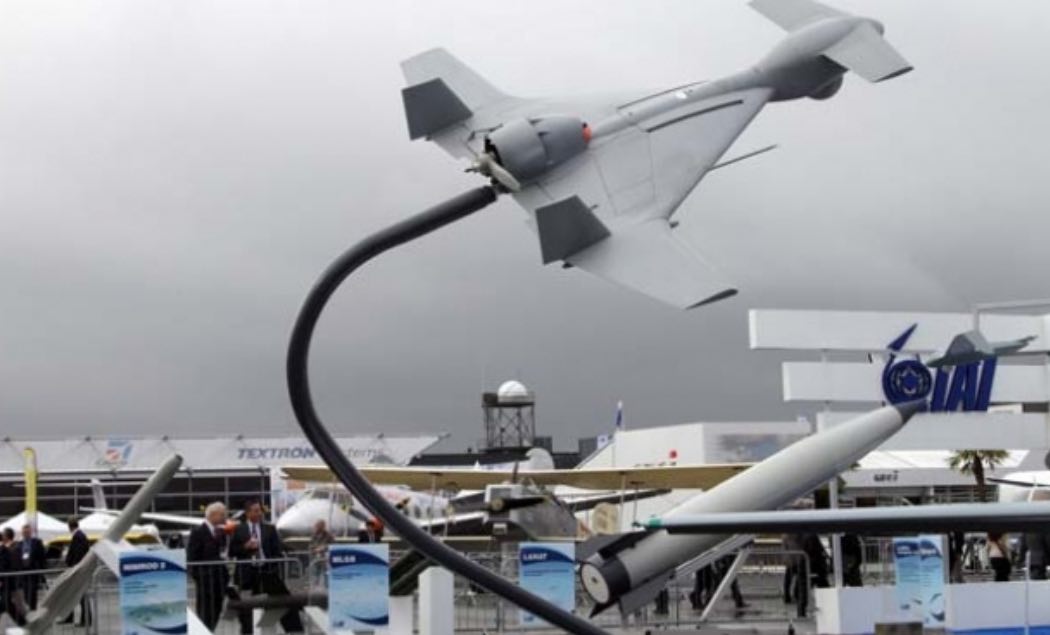The Military Axis of Baku and Tel Aviv
Amid the escalation of conflicts in Lebanon and ongoing Israeli military attacks in West Asia, events related to this are generally overlooked in the South Caucasus.
Meanwhile, on September 27th, the Azerbaijani state company Azersilah signed a strategic memorandum of understanding with the Israeli holding company AAS and its subsidiary AriArms. AriArms is known for producing small and light weapons according to NATO standards, so bilateral cooperation in this area will be developed.
Over the past year, since the start of the Al-Aqsa Storm operations, despite many Muslim countries condemning Israel for violence against the people of Gaza, affecting their relations with this regime, Baku has continued its relations with Tel Aviv more than before.
Such agreements are not new for the parties; military cooperation between Baku and Tel Aviv has significantly increased since the previous decade.
Israel is an important arms exporter to Baku. According to research by the Stockholm International Peace Research Institute, Israel accounted for 27% of Azerbaijan’s total arms imports from 2011 to 2020.
In 2012, Israel and Azerbaijan signed a contract under which Israel’s state aerospace industries would sell $16 billion worth of drones and air defense and missile systems to Baku. Baku also decided to locally produce some weapons, such as drones, through a joint investment between its Ministry of Defense Industries and the Israeli company Aviation Defense Systems.
This trend has been upward during the mentioned ten-year period, such that from 2016 to 2020, Baku imported 69% of its major arms from Israel.
Additionally, according to the Institute for War and Peace Reporting, between 2015 and 2019, Israel supplied 60% of Azerbaijan’s average annual arms purchases. Furthermore, the Israeli company Elta Systems helped Baku by providing a comprehensive digital map of Nagorno-Karabakh, giving Azerbaijani forces a significant advantage during operations.
Therefore, on the eve of the Second Nagorno-Karabakh War and before the 2023 operations of the Azerbaijani armed forces in Nagorno-Karabakh, Israeli leadership actively provided the necessary weapons and ammunition to Azerbaijan, without which Baku could not have achieved victory in the war.
It has even been stated that Israeli special services played a significant role in planning the operations.
After the success of the Azerbaijani military in capturing Nagorno-Karabakh, reports emerged from the region that Israel had begun establishing its secret military-security facilities in Nagorno-Karabakh.
In 2023, the parties signed a contract for Israel to supply two satellites to Azerbaijan worth $120 million and to purchase the Barak MX missile interception system worth $12 billion.
Naturally, cooperation between Baku and Tel Aviv on a larger scale aims to control and contain the Islamic Republic of Iran, including building electronic intelligence stations on Azerbaijan’s southern borders and thus monitoring Iran’s activities.
Additionally, Baku allows Mossad to establish an advanced operational base on its soil for operations inside Iran and provides its airports to Israel if needed to advance attacks on Iran’s nuclear sites.
For this reason, reports that consider Azerbaijan the origin of many acts of sabotage inside Iran are justified when looking at these factors.
On the other hand, in addition to the mentioned security benefits for Israel, Azerbaijan is a major supplier of oil to this regime.
According to available data, over 60% of Israel’s crude oil is supplied by Baku through the Baku-Tbilisi-Ceyhan oil pipeline.
Despite Israel’s violence in Gaza and global public opinion pressures, Azerbaijan has maintained its effective role in supplying energy to Israel.
In conclusion, based on the stated matters, it can be said that the relations between Baku and Tel Aviv are based on three pillars: oil, arms, and intelligence. Israel buys oil from Azerbaijan and sells advanced military equipment to it. In return, Baku allows Tel Aviv access to its land and sea borders with Iran. Therefore, the notion that Israel might use its capacities in Azerbaijan for a security response and even at a lower military level to the Operation Promise of the Truth 2 is not far-fetched.

